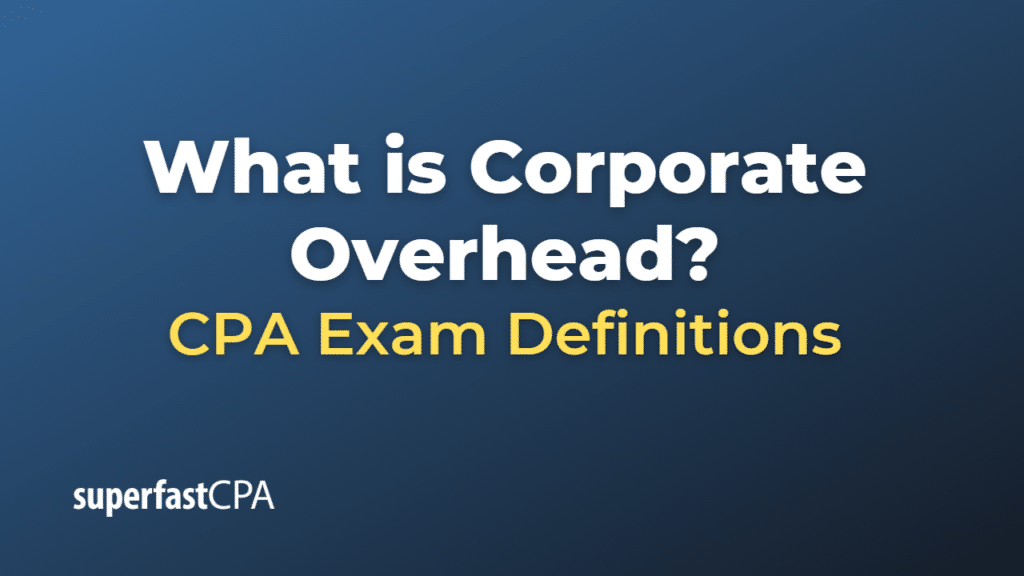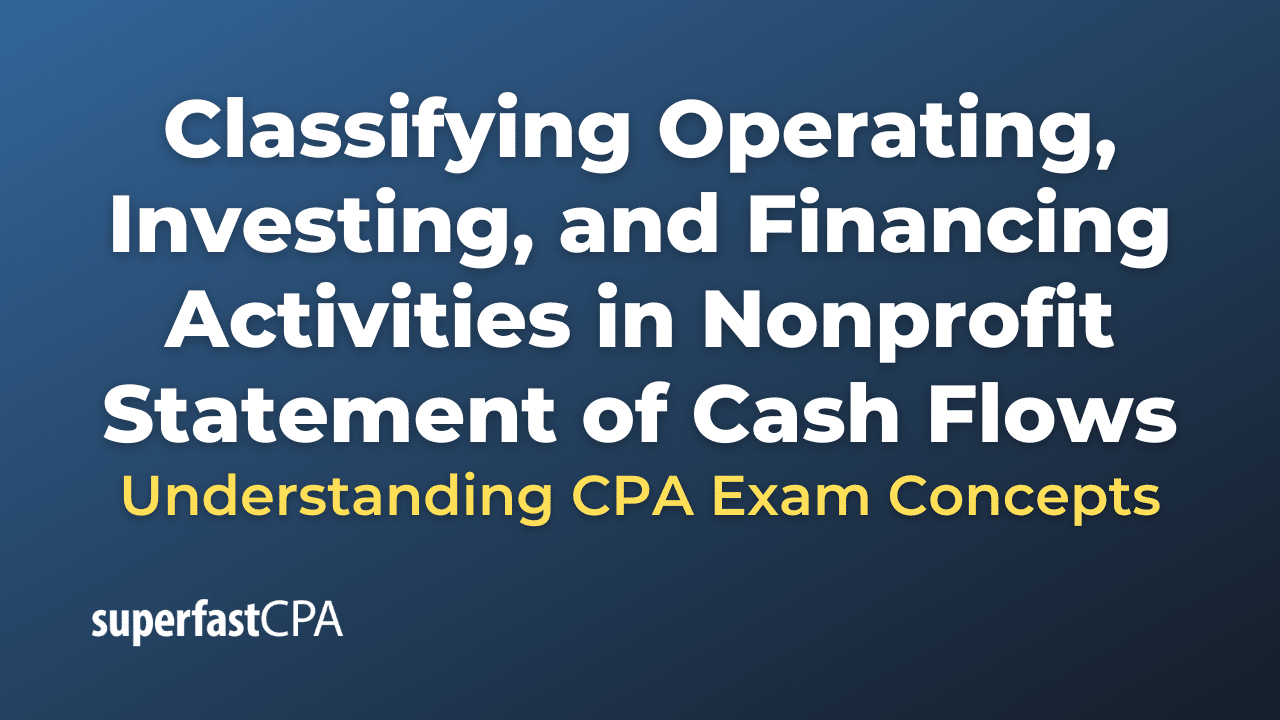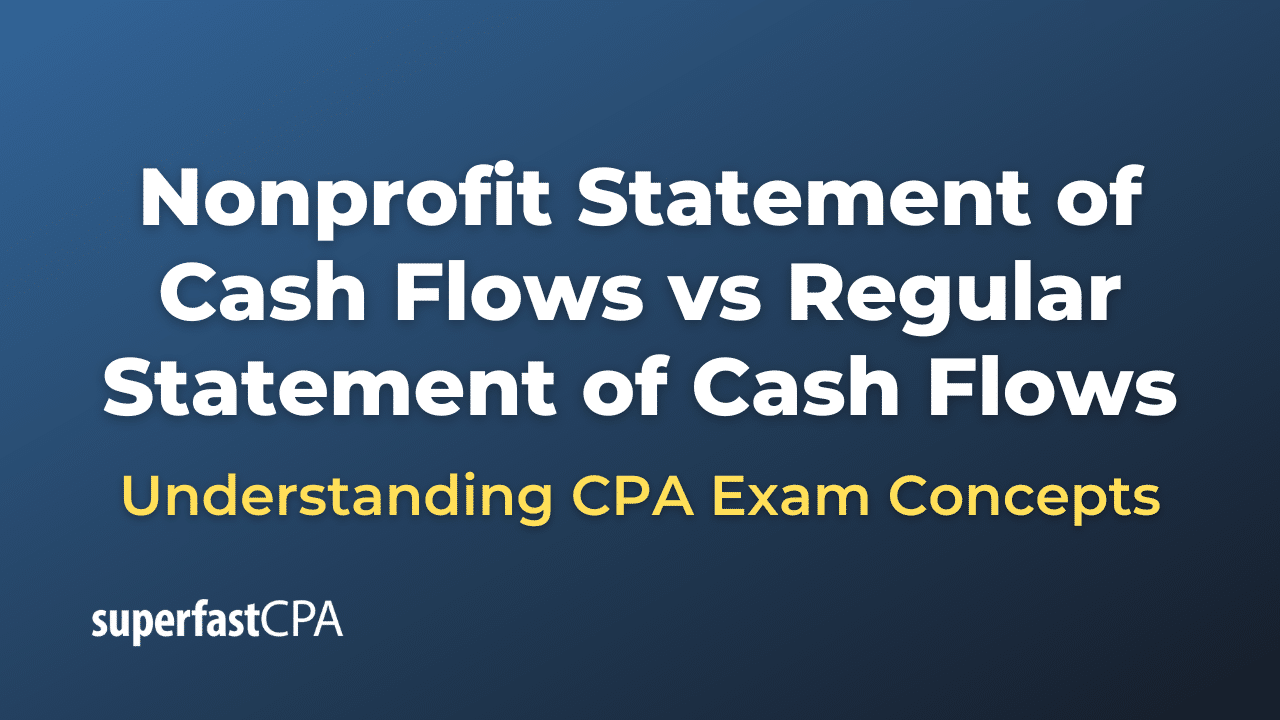Corporate Overhead
Corporate overhead, also known as indirect costs or fixed costs, refers to the expenses that a company incurs to manage and operate its overall business, regardless of the specific products or services it provides. These costs are not directly tied to the production or sale of goods and services but are necessary for the company’s general operations and administration.
Examples of corporate overhead expenses include:
- Executive salaries and benefits
- Rent, utilities, and property taxes for office space and facilities
- Office supplies and equipment
- Insurance premiums
- Legal, accounting, and consulting fees
- Marketing and advertising expenses
- Human resources and payroll processing costs
- Information technology and software licenses
- Depreciation and amortization of assets
Corporate overhead costs are typically categorized as fixed costs because they do not vary directly with the level of production or sales. However, some overhead costs can be semi-variable, meaning they may increase or decrease to some extent based on the company’s activity level.
In financial analysis, corporate overhead costs are often scrutinized to determine their impact on a company’s profitability and efficiency. Companies may seek to minimize overhead expenses by implementing cost-cutting measures, streamlining operations, or outsourcing certain functions to reduce the burden of fixed costs. However, it’s essential to strike a balance between cost reduction and maintaining an adequate level of resources and infrastructure necessary for the company’s success and growth.
Example of Corporate Overhead
Let’s consider a hypothetical example of a software development company, SoftTech Solutions, to illustrate corporate overhead expenses.
SoftTech Solutions develops and sells software products for various industries. The company has a team of software developers, sales and marketing professionals, and customer support staff. However, apart from these direct roles, the company also incurs several overhead expenses to manage and operate its overall business.
Some examples of SoftTech Solutions’ corporate overhead expenses include:
- Rent and utilities for the office space where the company’s management, administrative, and support staff work.
- Salaries and benefits for the CEO, CFO, and other top executives who are responsible for overall company management and strategic decision-making.
- Costs associated with the company’s human resources department, including employee recruitment, training, and payroll processing.
- Legal and accounting fees for services related to regulatory compliance, contract reviews, and financial reporting.
- Marketing and advertising expenses for promoting the company’s brand and software products, including online ads, trade shows, and promotional materials.
- Information technology costs, including hardware, software licenses, and IT support for the company’s office and network infrastructure.
- Insurance premiums for general liability, property, and professional liability coverage.
While these corporate overhead costs do not directly contribute to the development or sale of SoftTech Solutions’ software products, they are necessary for the company’s general operations, administration, and support functions.
To maintain profitability and efficiency, SoftTech Solutions may periodically review its corporate overhead expenses and explore opportunities for cost reduction, such as negotiating lower rent or insurance rates, utilizing more cost-effective marketing strategies, or streamlining administrative processes. However, the company must balance these cost-saving efforts with the need to maintain adequate resources and infrastructure for its ongoing success and growth.














